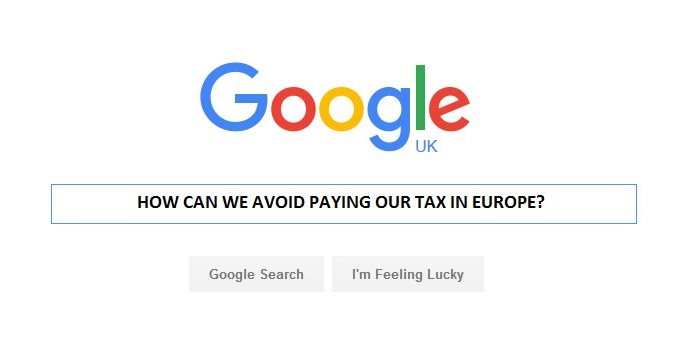The Greens/EFA MEPs sitting on the European Parliament’s TAXE committee, established following the „LuxLeaks“ revelations, yesterday wrote to Commissioner Vestager asking her to open an investigation into the UK tax authority’s deal with Google Europe, in line with EU laws on state aid provisions. The deal could be seen as an illegal state aid that distorts competition.
Here’s the text of our letter (that you can also download HERE):
Dear Commissioner Vestager,
We are writing as members of the Greens-EFA Group who sit on the TAXE committee to express our
concern about the deal agreed between the UK’s tax authority the HMRC and Google UK, which was
announced by George Osborne last week.
The details and terms of the arrangement have not been made public but we have been made aware
that Google will pay an additional £130m in tax dating back to 2005. When we consider that their
revenue in the UK in 2014 alone was £6.5bn we consider that this is not an adequate amount of tax.
We believe this agreement may not be in line with Article 107(1) of the Treaty on the Functioning of
the European Union on state aid provisions. This arrangement could be seen as an illegal state aid
distorting competition and going against the European internal market. The criteria for you to launch
investigations seem to have been met, as the deal deprives UK of state resources (which it should
have collected over the past 10 years) and provides a selective economic advantage for Google,
which is not paying the fair amount of taxes it should have paid over this period. Such advantage is
likely to have an effect on competition with other companies, especially SMEs, and may affect trade
between the UK and its other European partners.
Furthermore this deal emphasises what we have already seen with both Luxembourg and the
Netherlands, that Member States are acting in self-interest, and do not have a strong enough
incentive to tackle tax avoidance. Currently taxpayers are undermined by the short-sight approach
taken by some national governments which fail to recognise the benefits of stronger cooperation at
EU level on tax matters. It highlights the need for stronger tax coordination at EU level and the
Commission should have a stronger role in the investigation of tax rulings and multinational tax
avoidance.
We therefore ask you to officially start investigating this Google case under state aid rules, by using
the power you are given under the EU law to request additional information about this tax deal from
the United Kingdom.
With best wishes.
Sven Giegold
Eva Joly
Philippe Lamberts

